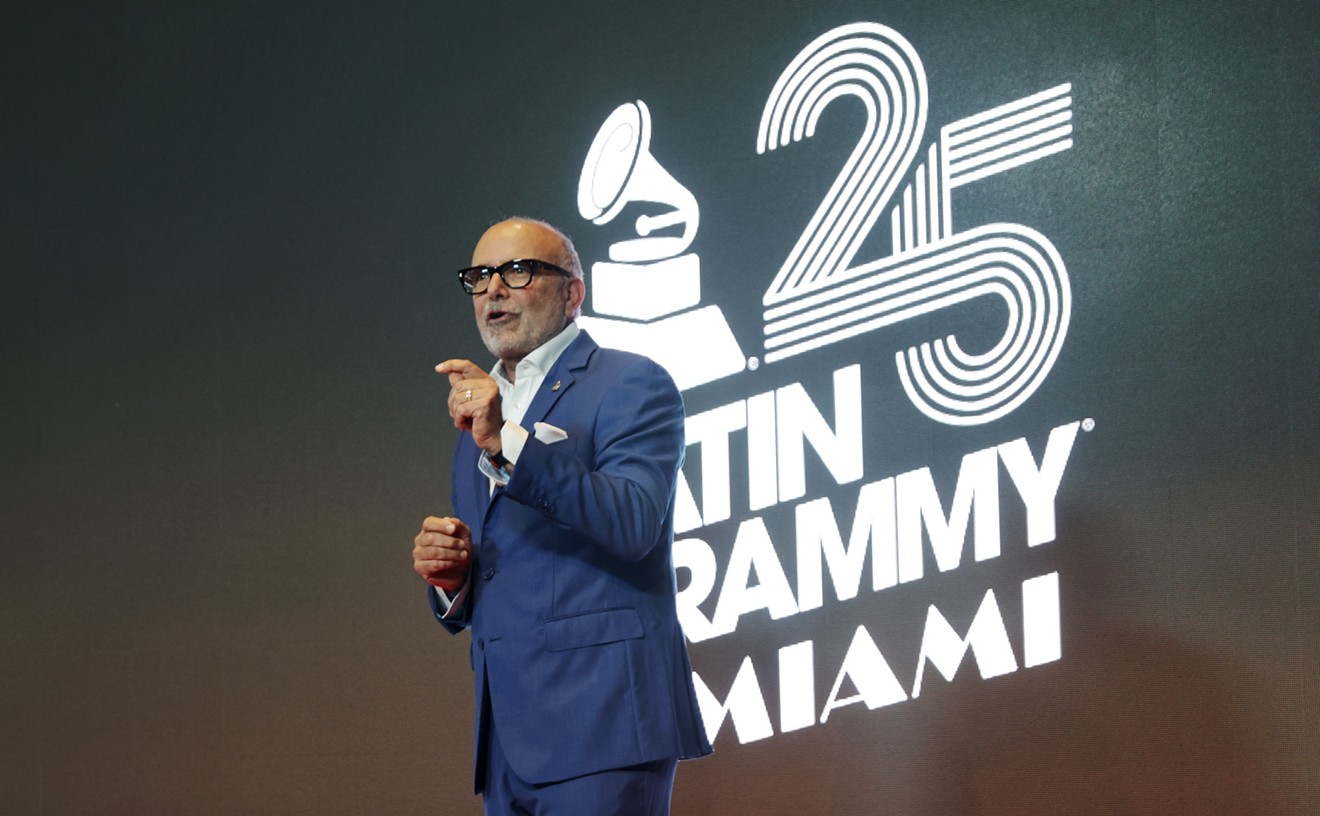Not since the emergence of the Game on the national hip-hop scene has Los Angeles had such a promising new rapper as Nipsey Hussle. The onetime member of the notorious Rolling Sixty Crips from the Crenshaw and Slauson neighborhood of L.A. has steadily gained national attention over the past year. He first garnered attention on the strength of his Bullets Ain't Got No Name mixtape series, narrated in a singsongy flow that recalls an edgier Snoop Dogg. While a debut album is still forthcoming, his street releases recently scored him a slot in this year's edition of XXL magazine's career-making "Annual Freshman Ten." This Friday marks his Miami live debut. New Times talked to Nipsey about his youth, his music, and touring in America's other badlands.
New Times: Tell us a little about growing up in L.A.
Nipsey Hussle: I grew up on the Westside of L.A., Crenshaw district. That area was controlled by gangs, and in my teenage years, I got involved with that lifestyle. I like to say I grew up better than some and worse than others. I don't like to tell no sad story about how it was so rough coming up. I had the same drama a lot of young black kids had: drugs, gangbanging, violence. But I also had a love for music, and when I saw a lot of my friends, a lot of the people around me going off to jail, music is what sent me in a different direction.
Were you more of a child of N.W.A., or was it more Death Row?
Definitely Death Row. Born in '85, grew up in the '90s, so definitely Snoop, Dre, a little bit of Ice Cube — but mostly Snoop and Dre. Me and my friend would rap the whole Chronic album. I'd be Dre, and the lil' homey would be Snoop, and then we'd switch off, just rapping along with the words. Half the stuff we didn't know what it meant; we'd just be saying it. We were just fascinated with the sound.
That album and the Death Row stuff that came after it — how much did it affect people's lifestyles out there? Did the lifestyle make the music, or did the music make the lifestyle?
Yeah, chicken or the egg. One thing I can say is that The Chronic really impacted the suburbs. I think that certain areas, like where I grew up, obviously that had an impact on the music, but the music transported that lifestyle all over the map. The kids were a little more impressionable, and I think some of those records took ideas about gangbanging and spread 'em around. For us, in South Central, that was like, "Finally someone is talking about us." But we weren't infatuated with khakis and Chucks or anything. That was already the style, you know?
The Bullets mixtapes have a lot of variety on them: some traditional L.A. gangster tracks, some R&B stuff, some club stuff.
My whole intention is to take West Coast music and culture and adapt it and update it to today. The melodies and the concepts are all products of me paying attention to the game. And one thing I've learned, just checking out what records pop these days, is that it's not what you're saying as much as how you're saying it. I'm not gonna make a Soulja Boy record because that ain't who I am. But I might incorporate elements of Soulja Boy's music into my sound.
The song "RSC for Life" is about your life in the Rolling Sixty Crips. How did you approach exactly how you were going to talk about your background in your music?
I just want my records to be sincere. I'm not trying to overhype myself into the biggest, baddest dude out there. I'm not trying to say I come from the worst place, because that ain't the truth. The fact is it's a lifestyle and way of thinking from where I come from that's real and does exist. It's different than anyplace else. And I have a lot of pride in where I come from. And on the other hand, I want change. I want things to get better, and I think that kind of push-pull is there on that song. I try to balance that.










